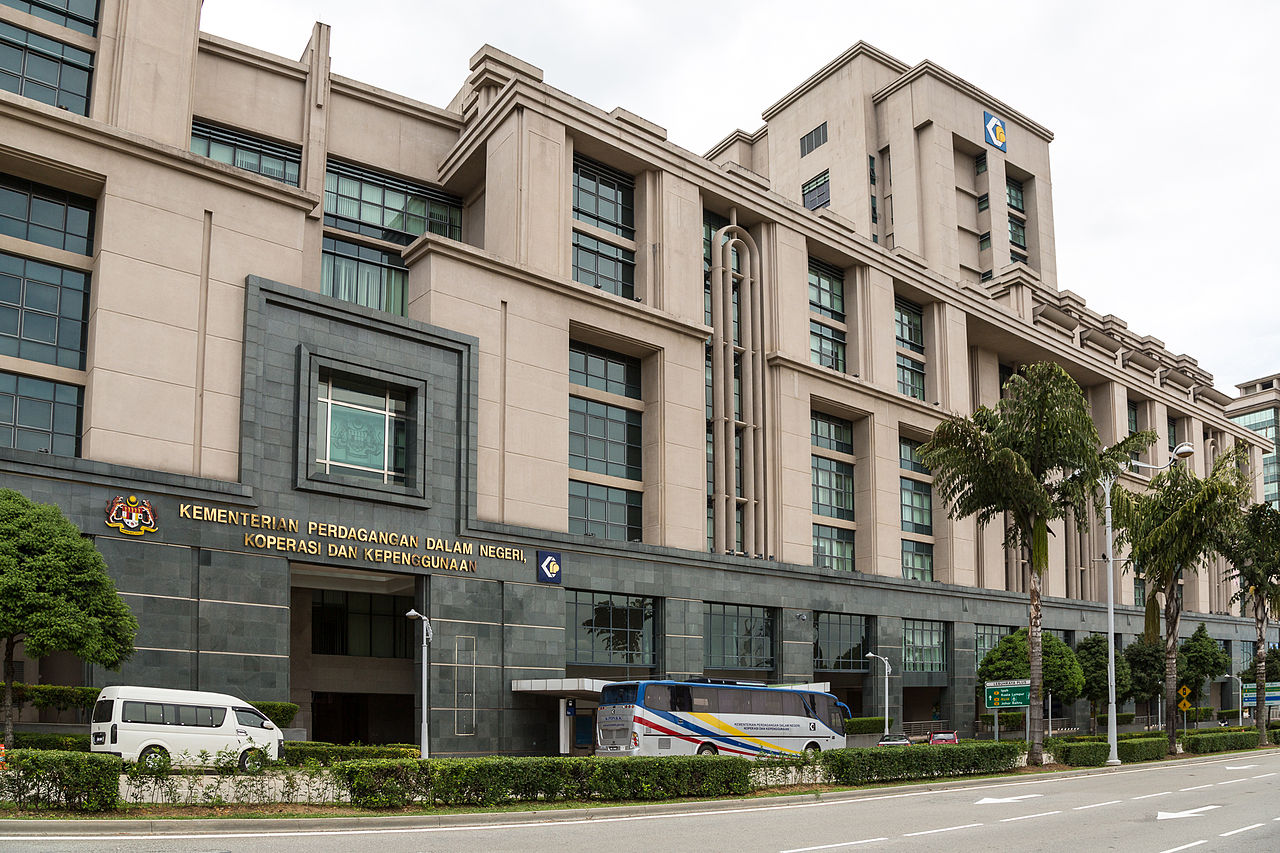FAQs: What The Retail Sector Can And Cannot Do During The Restricted Movement Order
The FAQ has been issued by the Ministry of Domestic Trade and Consumer Affairs.
The Ministry of Domestic Trade and Consumer Affairs (KPDNHEP) has issued a list of 20 frequently asked questions (FAQs) concerning business premises during the restricted movement order (RMO)
KPDNHEP issued the FAQ to help people and businesses understand the nationwide RMO that has come into effect starting 18 March and will remain in place till 31 March to curb the spread of COVID-19.
1. Are distribution centres (DC) allowed to operate normally?
The distribution centres which involve essential daily needs and foods including e-commerce warehouses and supporting warehousing services are allowed to operate as usual.
2. Are restaurants, ready-to-eat (RTE) sections, and bakeries allowed to operate?
Restaurants, ready-to-eat sections, and bakeries will be allowed to operate but only for takeaways, drive-thru, and delivery by companies such as GrabFood and Foodpanda. Dine-in and eat-in are not allowed.
3. What about the food court and tenant operations within the hypermarket?
Food courts can remain open but only for takeaways or delivery by companies such as GrabFood or Foodpanda. Dine-in and eat-in are not allowed. Only tenants in the pharmaceutical and clinical industry are allowed to remain operational in a hypermarket.
4. What happens to retail stores in shopping malls such as anchor tenants?
The operation of retail (food and essential daily needs) in shopping malls can be continued, depending on negotiations between the tenant and premise owners.
5. Are eateries/convenience stores still operating within speciality stores?
They are allowed to operate as usual but only for takeaways or delivery by companies such as GrabFood and Foodpanda. Dine-in and eat-in are not allowed.
6. Is the head office of a retail company allowed to operate?
The head offices of the retail companies are allowed to continue as usual. However, the management needs to identify the sectors/units/departments which need to be classified as essential to be present at the head office premises. Those from the non-essential sectors/units/departments should be allowed to work from home.
7. Will the Ministry release a statement to limit the amount of items that can be purchased by individuals?
The Ministry encourages the management of each retail outlet to do self-restriction in order to overcome the problem of individuals buying items in excessive amounts.
8. What about the operations of departmental stores which include supermarkets, home essentials, fashion goods, and food courts?
Only supermarkets sections which sell foodstuffs and essential daily needs are allowed to operate in departmental stores.
9. Will self-service laundrettes be allowed to operate normally?
Self-service laundrettes are not allowed to operate throughout the MCO period to stop the gathering of people.
10. Will security guards still be stationed at supermarkets?
Security services will be continued.
11. What about e-commerce. Are they considered essential services?
Yes.
12. Are online purchases, shipment, and home installation allowed?
Yes.
13. Will customer call centres be allowed to continue to operate?
Yes.
14. Will the renovation of business premises be allowed to continue?
All renovations and works on business premises must be put on hold. If there are safety issues, the company has to get the permission of the Ministry of Works and Constructions Industry Development Board for works to be carried out.
15. Are non-food items deliveries such as sanitary pads considered essential services?
Yes.
16. Are the shops at the airport affected?
Only tenants in the industries of pharmaceutical and clinical, supermarkets, sundry shops, and variety shops selling essential daily items will be allowed to operate at airports. NO dine-in and eat-in.
17. Are third-party service providers allowed to operate to supplement the supply chain as it is critical to the viability of the business?
Services which directly impact safety and supply are allowed to continue. Consumers and third-party service providers must take health precautions with sanitisers and face masks.
18. Are waste collection companies at supermarkets or sundry stores or convenience stores allowed to operate?
Yes.
19. Can the quota of rice, sugar, oil, and flour be kept above the licence quota?
Companies must adhere to quota licence issued by authorities. It will be determined on a case-to-case basis.
20. Are night markets and farmer markets allowed to operate?
No.

